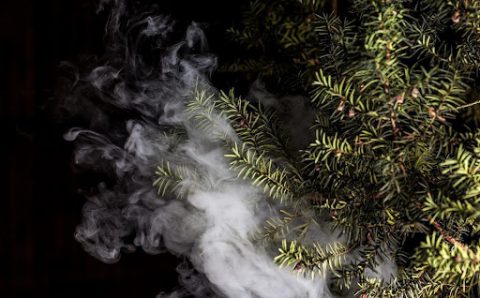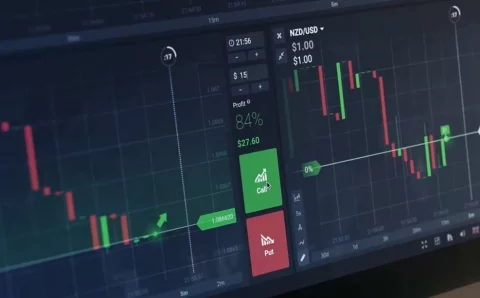[ad_1]
With the share of stubble burning in Delhi’s pollution rising to 25 per cent on Diwali, the highest this season so far, authorities have said that the air quality in the city may turn “severe” by midnight and shoot up rapidly by Friday morning if firecrackers are burnt.
The PM2.5 pollution in the capital may enter the “severe” zone by midnight even if there is 50 per cent of firecrackers emissions as compared to last year, said Gufran Beig, the founder project director of SAFAR.
The PM2.5 pollution will shoot up rapidly by Friday early morning with the AQI even crossing the 500-mark, he said.
According to the Central Pollution Control Board’s data, the capital’s 24-hour average air quality index (AQI) stood at 382 on Thursday, up from 314 on Wednesday. It was 303 on Tuesday and 281 on Monday.
An AQI between zero and 50 is considered ‘good’, 51 and 100 ‘satisfactory’, 101 and 200 ‘moderate’, 201 and 300 ‘poor’, 301 and 400 ‘very poor’, and 401 and 500 ‘severe’.
“The extremely calm wind conditions in Delhi and 25 per cent stubble share (fire count 2,293) are two major factors today, SAFAR said.
According to SAFAR model forecasts, the stubble burning share may increase to 35 per cent on Friday and 40 per cent on Saturday with the wind direction changing to northwesterly.
Northwesterly winds carry smoke from farm fires in Punjab and Haryana towards the national capital.
“Relief is expected only from the evening of November 7 but AQI will fluctuate within ‘very poor’ range,” the air quality forecast agency said.
An official from the India Meteorological Department had earlier said that model predictions do not indicate the AQI reaching the ‘severe’ category “even with higher emissions”.
Last year, the share of stubble burning in Delhi’s pollution had peaked at 42 per cent on November 5. In 2019, crop residue burning accounted for 44 per cent of Delhi’s PM2.5 pollution on November 1.
Delhi Environment Minister Gopal Rai on Wednesday had urged the Centre to issue an advisory to Punjab, Haryana and Uttar Pradesh to completely stop stubble burning during the Diwali period so that people could breathe easy after the festival.
The contribution of stubble burning in Delhi’s PM2.5 concentration was 32 per cent on Diwali day last year as compared to 19 per cent in 2019.
The contribution of farm fires in Delhi’s air pollution has remained low this season so far due to the record-breaking rainfall in October and “unfavourable” wind direction for transport of smoke from stubble burning.
SAFAR said “very calm” local Delhi wind conditions with little ventilation is expected for the next three days which will be unfavourable for dispersion of pollutants.
On October 27, the Delhi government had launched the ‘Patakhe Nahi Diye Jalao’ campaign to create awareness against the bursting of crackers.
Action is being taken under relevant IPC provisions and the Explosives Act against anyone found burning crackers under the campaign.
On September 28, the Delhi Pollution Control Committee ordered a complete ban on the sale and bursting of firecrackers in the national capital till January 1, 2022.
According to the government, more than 13,000 kg of illegal firecrackers have been seized and 33 people arrested under the anti-cracker campaign.
(Only the headline and picture of this report may have been reworked by the Business Standard staff; the rest of the content is auto-generated from a syndicated feed.)
 Dear Reader,
Dear Reader,
Business Standard has always strived hard to provide up-to-date information and commentary on developments that are of interest to you and have wider political and economic implications for the country and the world. Your encouragement and constant feedback on how to improve our offering have only made our resolve and commitment to these ideals stronger. Even during these difficult times arising out of Covid-19, we continue to remain committed to keeping you informed and updated with credible news, authoritative views and incisive commentary on topical issues of relevance.
We, however, have a request.
As we battle the economic impact of the pandemic, we need your support even more, so that we can continue to offer you more quality content. Our subscription model has seen an encouraging response from many of you, who have subscribed to our online content. More subscription to our online content can only help us achieve the goals of offering you even better and more relevant content. We believe in free, fair and credible journalism. Your support through more subscriptions can help us practise the journalism to which we are committed.
Support quality journalism and subscribe to Business Standard.
Digital Editor
[ad_2]
Source link





